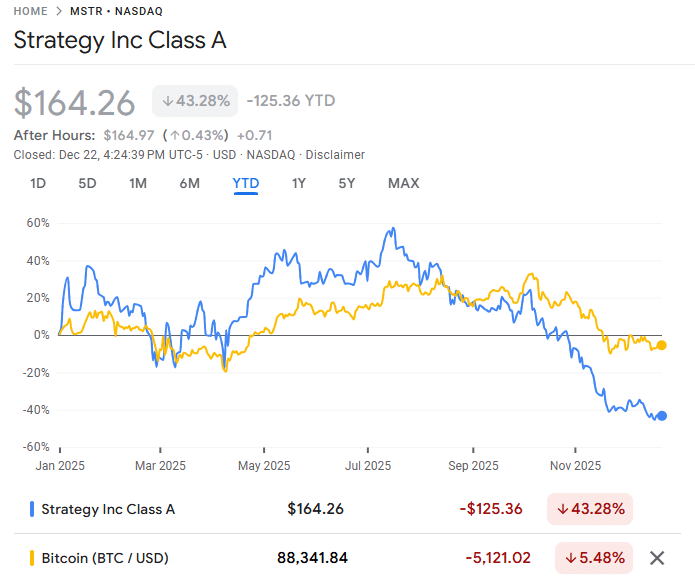Paul Tudor Jones stands among the most respected figures in the investment world. As the founder of Tudor Investment Corporation, he gained fame in the 1980s for his prescient call on the 1987 Black Monday crash, which resulted in significant profits. Today, his firm manages billions across stocks, alternative assets, and venture capital. Because of this wide-ranging involvement, both professional and individual investors keep a close eye on any changes he makes to his holdings.
Based on the most recent 13F report from Tudor Investment, the firm completely sold its stake in Palantir Technologies ( PLTR 0.23%) in the second quarter, offloading 175,212 shares. Simultaneously, Jones opened a new position in Rigetti Computing ( RGTI -2.00%), a company focused on quantum computing, by acquiring 905,700 shares.
When a legendary investor like Jones trades one of the most talked-about AI stocks for a high-risk quantum computing bet, the market takes notice. Let's explore what might have influenced these decisions and consider if following his strategy makes sense.
Palantir's rapid ascent and Jones' likely rationale for selling
Over the last three years, Palantir has become a standout name in the software sector. Previously seen mainly as a government contractor with unpredictable income, the company has transformed itself into a key player in artificial intelligence (AI) solutions for industries like defense, healthcare, logistics, finance, aviation, and more.
The company’s main AI Platform (AIP), which builds on its Foundry, Gotham, and Apollo products, has led to widespread adoption by businesses and helped Palantir achieve consistent profitability, with growing free cash flow and net earnings. This progress has sparked strong investor interest, sending the stock soaring over the past year.
Yet, this success has also led to extremely high expectations. Palantir now trades at price-to-sales and price-to-earnings ratios that are far above both its own fundamentals and the typical valuations of other SaaS companies.
PLTR PS Ratio data by YCharts.
For an investor like Jones, who is known for spotting market shifts rather than chasing trends, reducing or closing a position in a stock with such a lofty valuation is logical. The easy gains from Palantir’s AI-driven surge may have already been realized, and Jones’ decision likely signals a shift away from a crowded trade toward opportunities with more upside potential.
What could attract Jones to Rigetti Computing?
Rigetti Computing represents a speculative bet on quantum computing—a technology aiming to revolutionize traditional computing by using qubits instead of standard binary bits. Some experts believe quantum AI could eventually become a $10 trillion industry, fueling investor excitement about its future possibilities.
However, a closer look reveals a much less certain picture.
Rigetti’s revenues are minimal, the company continues to burn through cash rapidly, and it has yet to prove it can scale its business commercially. On the surface, this seems contrary to what a disciplined macro investor would typically pursue.
Still, Tudor Investment is not a market maker. Instead, it operates as a hedge fund focused on identifying and capitalizing on pivotal market moments. Jones may see Rigetti not as a long-term growth story, but as a high-risk, high-reward opportunity ahead of a possible catalyst.
Such a catalyst could be progress updates on Rigetti’s Ankaa-3 and Cepheus-1 systems. Any indication that the company is narrowing the gap with—or even surpassing—competitors like IonQ, D-Wave Quantum, or Quantinuum could spark a speculative rally in the stock.
Jones, who has a knack for anticipating large-scale market themes, may simply be positioning himself ahead of a wave of institutional investment in quantum technology.
A strategic shift, not investment advice
Moving out of Palantir and into Rigetti are not conflicting actions—they represent two aspects of the same approach: reallocating capital. Jones is taking profits from a leading AI stock that may have reached its peak for now and is putting a small portion of funds into a potential breakthrough in a new area.
It’s also worth noting that Tudor Investment’s position in Rigetti includes both call and put options, meaning the trade is hedged rather than a simple directional bet. This reflects Jones’ reputation for sophisticated, risk-aware strategies.
For most individual investors, the situation is different. Palantir is still a profitable, rapidly expanding software firm with strong ties to both government and private clients. Rigetti, on the other hand, is still far from proving it can succeed commercially or achieve significant scale.
The main lesson is clear: Even billionaire investors adjust their portfolios to balance risk and reward. For most people, taking profits on overvalued winners like Palantir can be prudent, but speculative bets like Rigetti are best suited for those who can handle high volatility and uncertain outcomes.


